Operation Water
Watermark
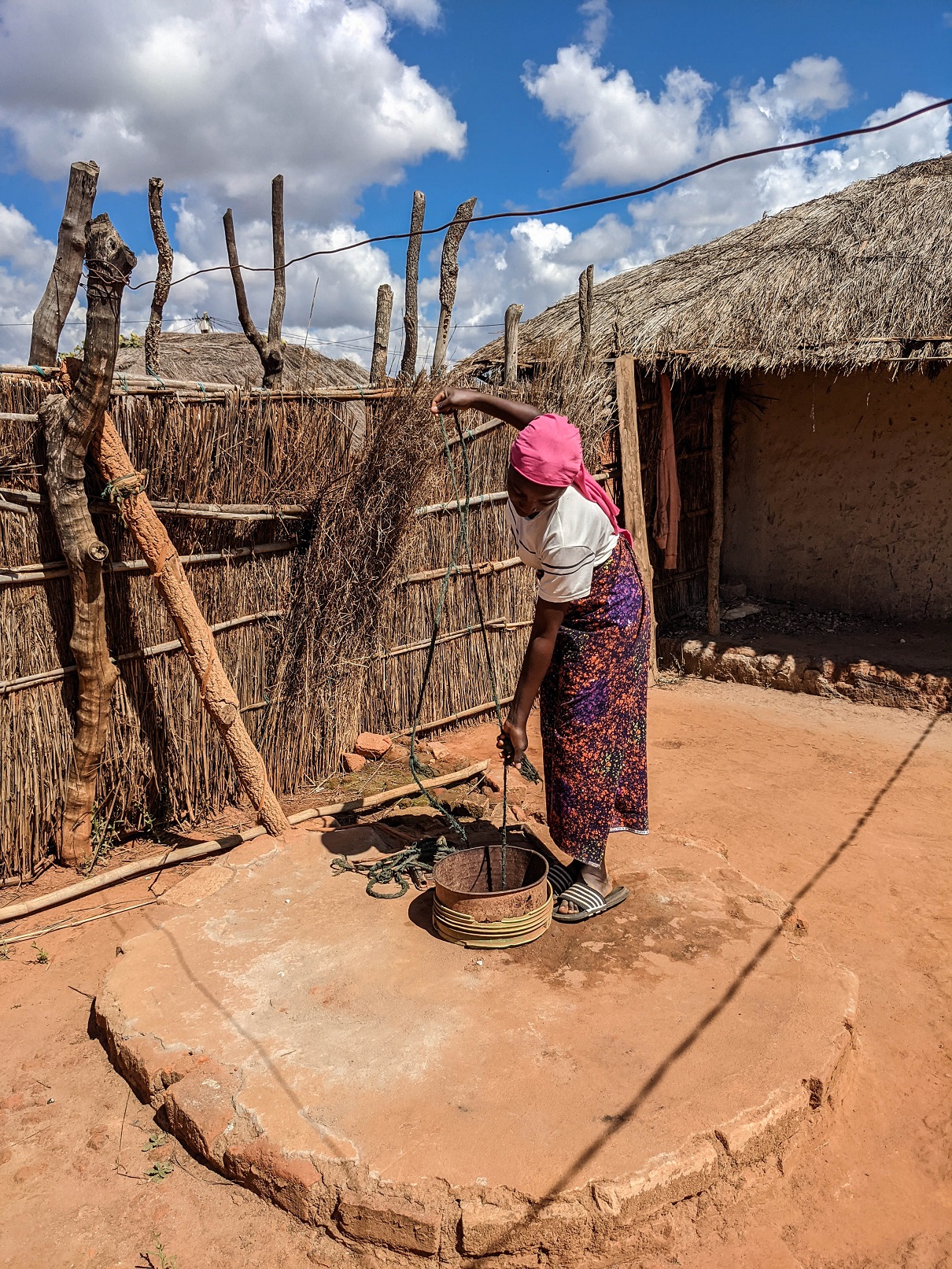
In several regions of Mozambique, women and children go walk for more than an hour in search of water for domestic consumption. Such water is not always suitable for human consumption. Realising and seeing the problems that the lack of access to clean water brings to the lives of millions of Mozambicans, Ryan Phillips-Page came up with the idea of creating the social enterprise Operation Water.
Bringing a sustainable solution to the problem of access to drinking water, which affects 49% of the Mozambican population and reducing the time it takes for women and children to get water for domestic consumption, is the main objective of Operation Water, with the goal of benefiting 300,000 people in Mozambique, at an early stage.
Usually, projects to improve access to water for communities in the interior of Mozambique focus on opening boreholes and wells in a kind of central location where people go to get water. These systems require some physical effort and do not completely solve the problem of access to drinking water. To face this, Operation Water works on the study of the water quality of each region to understand the needs in terms of chemical treatments and thus make the water clean and safe for human consumption.
Gurué, the starting point
Operation Water works under a public-private partnership model, with the participation of the Government and some private companies in the electricity sector and that manage water supply systems.
The Operation Water project has been in the works for a few years, but the signature of the concession with the Government only took place in April 2021 and provides for the construction of 8 water supply systems. It is the first and only water supply concession and the longest concession known, 30 years.
With the signing of the concession, the idea of bringing water to more Mozambicans was no longer a dream and began to materialise. The Gurué district, in Zambézia province, was the first to benefit from the project. Research work for the construction of the water supply system is at a good pace and it is expected that by February 2023 around 70 000 people will have access to safe drinking water.
In order to guarantee the maintenance of the machinery and the sustainability of the system, it is intended to charge a symbolic value to consumers. “The project management will be allocated to a specialised company and will charge a minimum fee to consumers,” Ryan points out.
The construction of the remaining 7 water collection and supply systems is expected to start later this year and will take about a year to complete.
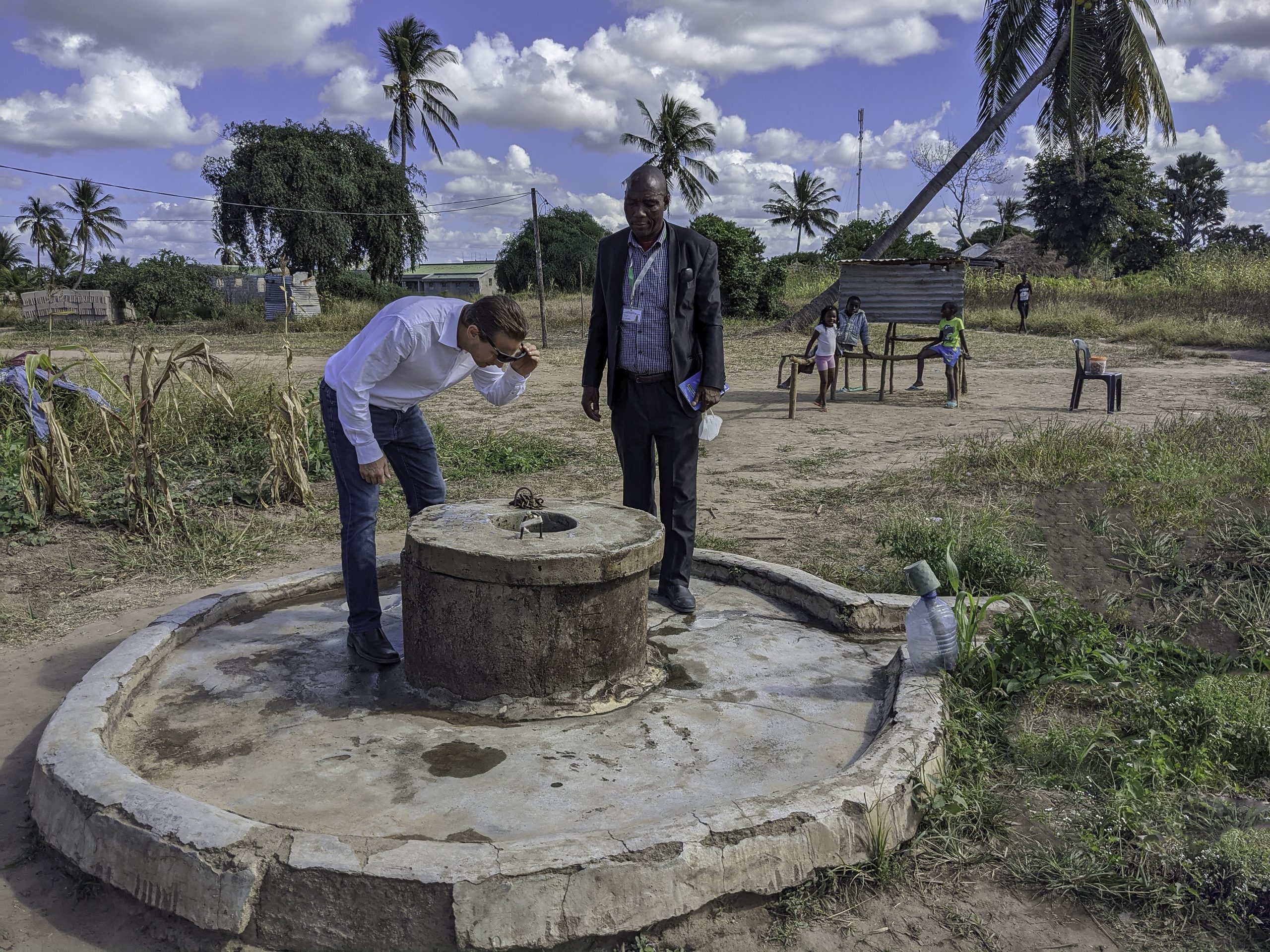
Operation Water Works under a public-private partnership model, with the participation of the government and some private companies in the electricity sector and that manage water supply systems
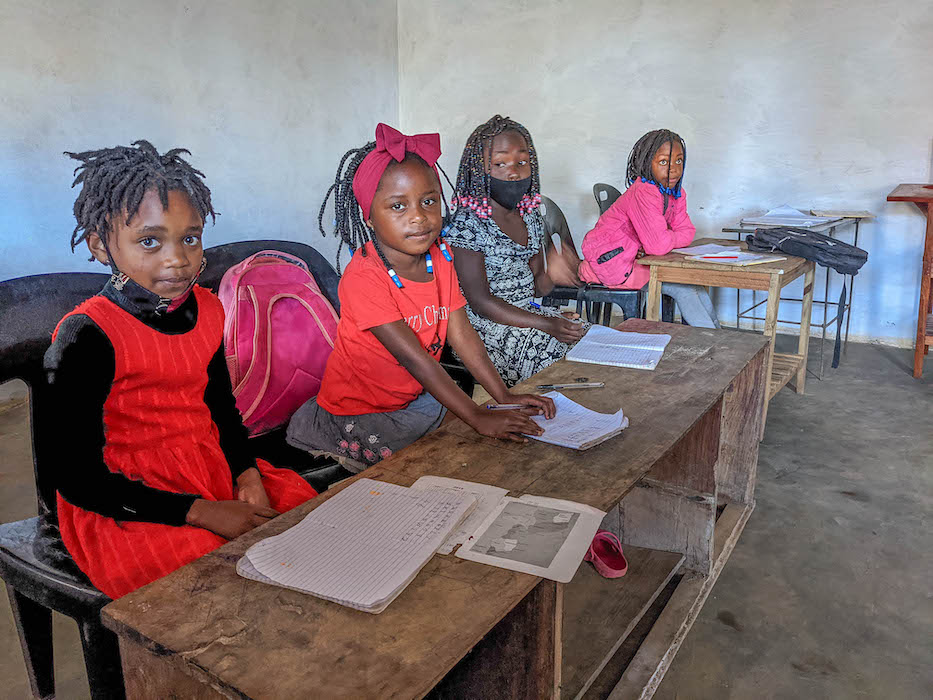
A cycle of new possibilities
The water crisis affects the lives of communities, in particular women and children, at different levels. Where there is a shortage of the precious liquid, there is no sanitation, there are alarming levels of malnutrition, gender inequalities are accentuated, there is a lack of economic opportunities, among other problems.
When clean water begins to reach communities through the Operation Water project, it is expected that the time it takes for women and children to get water for their families will be reduced. And, subsequently, improve the quality of life of the entire community.
“We are working for the empowerment of women. We want them to have more time to dedicate themselves to creating a business, taking care of their family or any other activity they want and don’t have time to do. So when women no longer need to go to the well to get water, we will boost the economy at the community level,” Ryan promises.
Promoting the economy at a local scale is another project that aims to identify women with the potential to teach skills to other women, such as agriculture, sewing and crafts, thus creating a value chain. “We hope to train high-quality farmers or seamstresses and capable of producing in large quantities.”
Another major impact of this initiative on the lives of communities is related to the electrification of areas that previously did not have access to electricity. Bringing water to the interior of Mozambique directly implies bringing electricity, because the systems for capturing and supplying water work via electricity. And in our country, where there’s no water there is almost always also no electricity.
“We decided to create our own electric power generation systems and it will be sustainable energy. We know that it will not be possible to provide water to people without electricity, so we have partnerships to bring water and energy to communities. Allowing the fields to be more productive, as they will have irrigation systems. Food preservation and processing will also be improved, as it will no longer be manual.
Think future
In Mozambique, infant mortality rates are still high. UNICEF data indicate that about 320 children die daily due to diseases such as malaria, respiratory infections and diarrhoea. The consumption of low quality water or lack of it for consumption has its contribution to infant mortality, as it is the main cause of diarrhoea and sometimes outbreaks of cholera.
Another major negative impact of the water crisis on children’s lives is low school performance and dropout rates, in some cases. Children wake up at dawn, walk several kilometres and carry volumes of more than 20 kilos of water on their heads. Due to this time of work and physical effort, children arrive at school tired and it is not uncommon for them to miss classes to help looking for water.
“When we have water in the communities, children will have more time to devote to their studies and improve their performance. They wake up early to help their mothers get water for domestic consumption and this interferes with their school performance. Also, they may have more hours to do their homework as their homes will be electrified and studying at night will no longer be a problem.”
Due to the importance of the project, work has already begun to take it to other places. Companies with Corporate Social Responsibility programmes related to water, women’s empowerment, poverty alleviation and youth development are called upon to collaborate.
Advertisiment

Issue 72 Mar/Apr | Download.



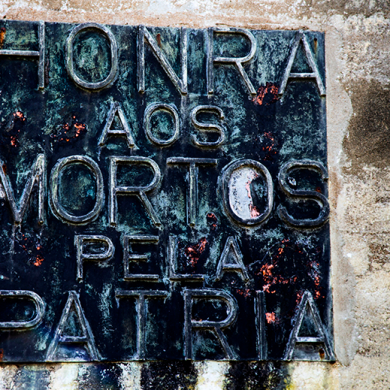
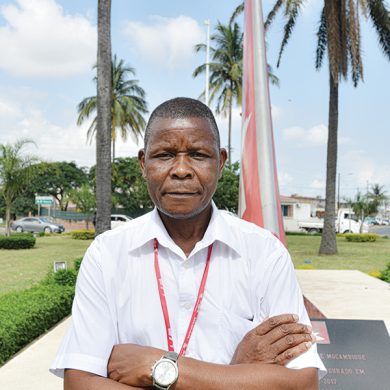

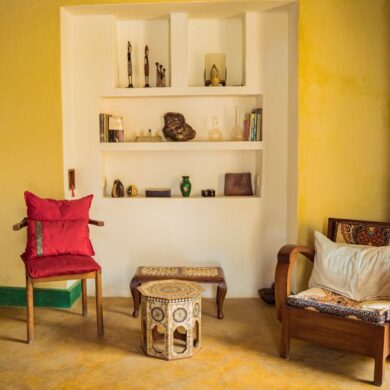
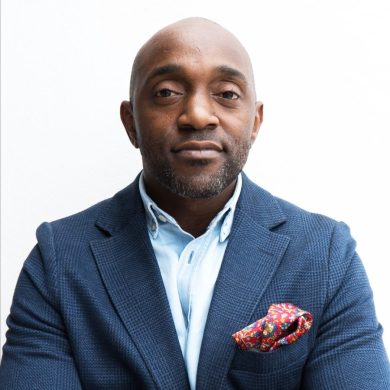

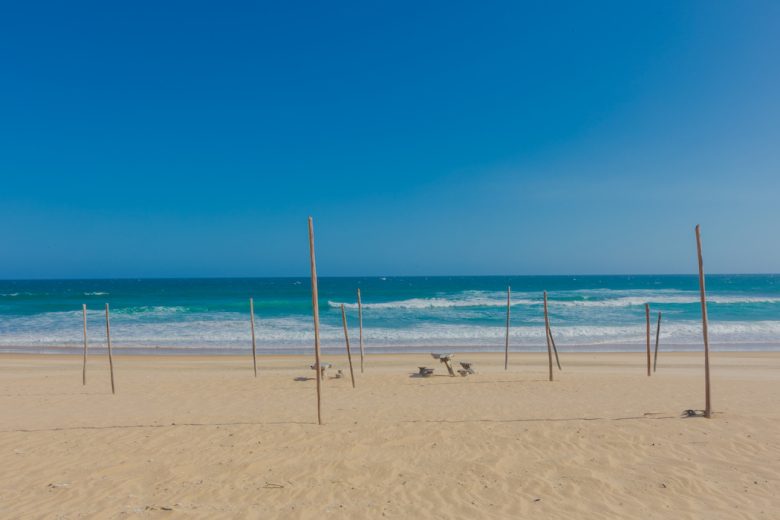













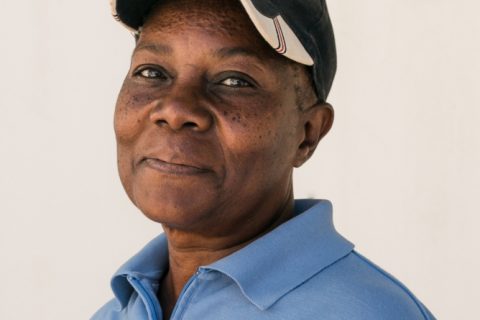
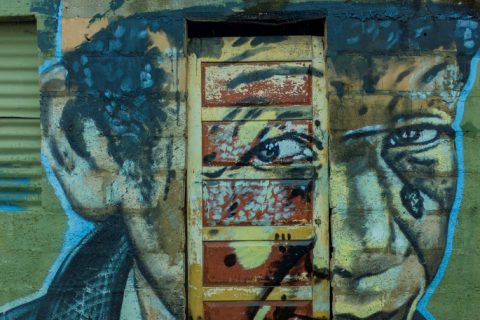



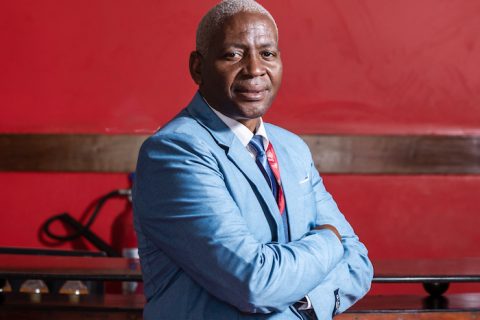
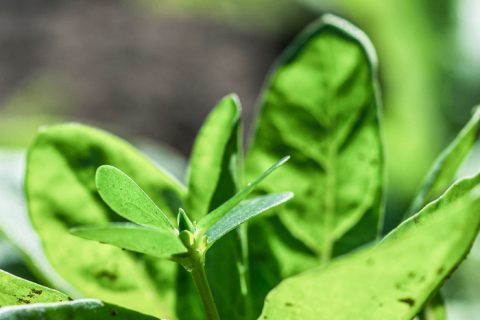
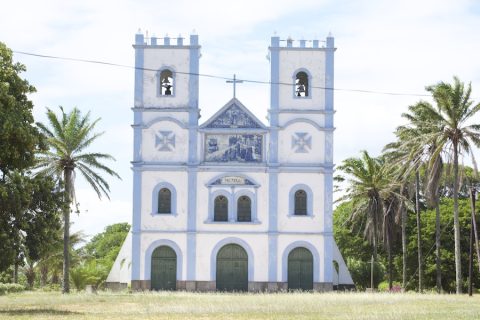
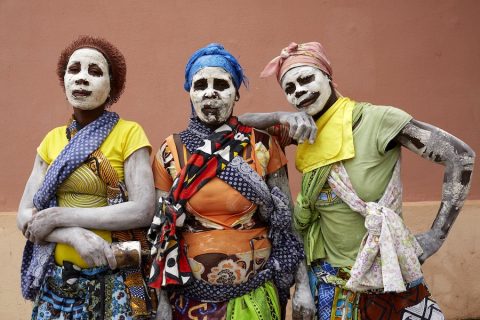



0 Comments